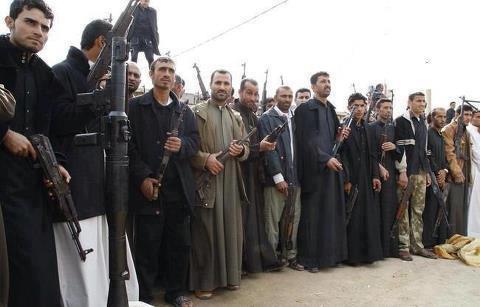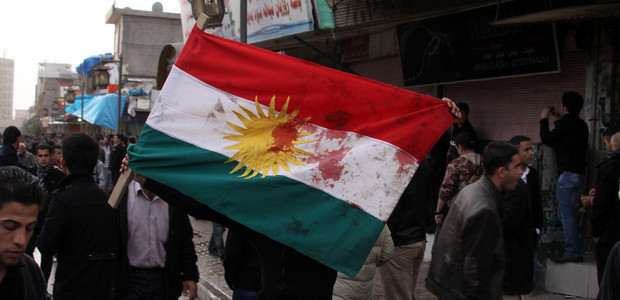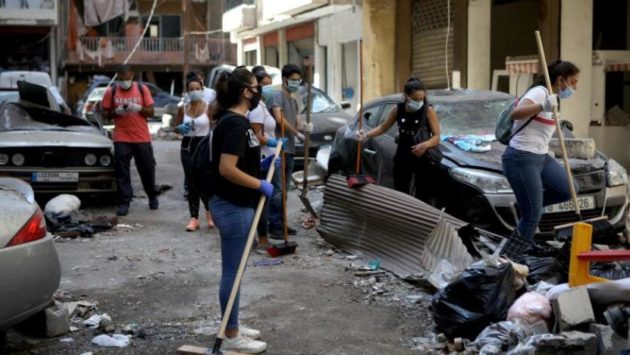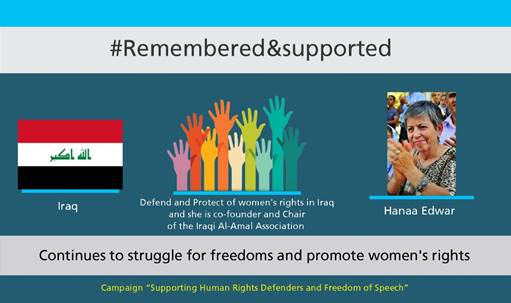In Iraq the Tribes are going Nuts
Basra is breathing a sigh of relief for a little while following a lull in fighting among tribal organisations.
Most of the tribal conflicts have been taking place on the outskirts of the city, and it involves using some medium to heavy weaponry.
It is a major source of anxiety for local residents because it only makes the security atmosphere in the city even worse. Residents complain that major roads get blocked and the noise from the shooting extends to night time.
The situation deteriorated so much of late that Basra Governorate found itself unable to contain the outburst and requested urgent help from central government.
The latter sent special forces to the areas affected, normally north of Basra, to teach the leaders a lesson: it confiscated some of their weapons, and threatened to disperse the persistent offenders elsewhere in the country.
Tribal conflicts in Basra is different from the tribal situation in the middle or north of the country. The incidents in Basra are sensitive because of the location of oil fields. It has the risk of disrupting the oil production and operation. Hence the extra military reinforcements that were expedited at the prime minister’s request.
Generally speaking, residents in Basra are fed up with the increasing role that tribes play in society. They complain of the absence of courts and proper judiciary system. Tribes and their sheiks are no experts, they say.
Some people started to abuse the role of the tribes, resorting to tribal judgement simply to appropriate money.
However, at a time when central government is weak, resources are stretched and the legal system is broken, sheiks and their tribes can provide some service. They can mediate, settle family disputes and resolve financial claims.
In essence, tribal sheiks are not needed in a well functioned, legally resourced society, but traditional tribal hierarchy still exists in Iraq. Tribal leaders hold power only because the culture supports them, and the community is bound to consult them to solve problems since the government cannot consistently and robustly provide a legal framework for such problems.
With the increasingly diminutive role of Iraqi state, tribal authority is getting more powerful, both socially and politically. Local governors rely on them for protection and to win elections.
It must also be said that Iraq’s political history has seen some positive input from some tribes, but, though important that remains, in Basra they are going nuts.





